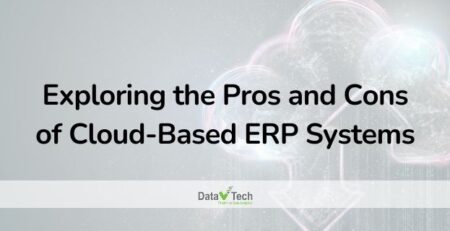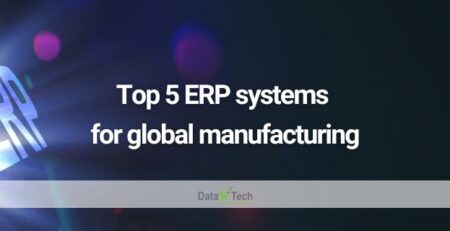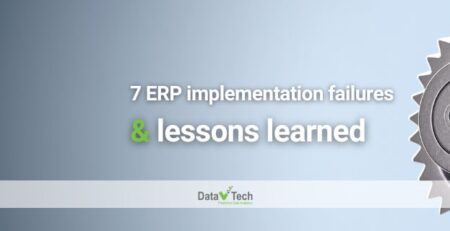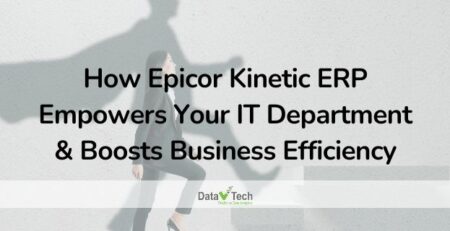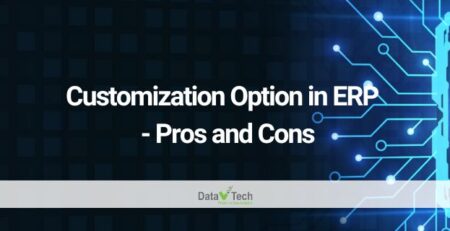Enterprise Resource Planning (ERP) implementation can bring numerous benefits, e.g., as increased efficiency, productivity, and profitability. However, it can also be a challenging and complex process. Here are some key ERP implementation best practices to help organizations succeed in this “pilgrimage”:
- Establish Clear Goals and Objectives
- Form a Dedicated Implementation Team
- Conduct a Thorough Needs Assessment
- Select the Right ERP System
- Plan the Implementation Process
- Provide Adequate Training
- Test the System Before Go-Live
- Have a Plan for Post-Implementation Support
- Communicate Effectively
- Continuously Monitor and Improve
Establish Clear Goals and Objectives
Organizations should define the business processes the ERP system will impact and identify the key performance indicators (KPIs) measuring success. Clear goals and objectives will help the organization stay focused and aligned throughout the implementation process.
Form a Dedicated Implementation Team
ERP implementation requires a dedicated team to manage the process from start to finish. It should consist of representatives from different departments who can provide expertise in their respective areas. It is also essential to have a project manager who can oversee the implementation and ensure that it stays on track.
Conduct a Thorough Needs Assessment
Mainly, you can analyze the current business processes, identify areas for improvement, and determine the functionality required in an ERP system. This assessment will help your organization select an ERP system that meets your business needs.
Select the Right ERP System
When selecting an ERP system, organizations should consider factors such as functionality, scalability, ease of use, and cost. For example, answer whether your ERP system needs to integrate well with existing applications and whether it can be easily customized to meet the organization’s specific needs.
Plan the Implementation Process
This critical step includes creating a detailed project plan, identifying key milestones, and establishing timelines. Also, identify potential risks and prepare contingency plans to address them.
Provide Adequate Training
ERP systems can be complex and require adequate training to ensure employees can use the system effectively. Organizations should provide comprehensive training to employees to ensure they understand how to use the ERP system and how it will impact their daily work. The measures can include classroom training, online training, and on-the-job training.
Test the System Before Go-Live
Organizations should conduct thorough testing before launching the ERP system to ensure the system functions as intended. That means testing all modules, verifying data accuracy, and identifying and addressing issues promptly. The testing environment should be independent to avoid disrupting the production operation.
Have a Plan for Post-Implementation Support
ERP implementation does not end with go-live. Organizations should have a plan for post-implementation support to ensure the system continues functioning effectively. Such a plan includes providing ongoing training, conducting regular system maintenance, and addressing issues.
Communicate Effectively
Effective communication, support, and engagement from leadership can ensure that the project stays on track and that employees are motivated and invested in the success of the implementation. Communication should be clear, concise, and timely throughout the process.
Continuously Monitor and Improve
This step is a must, as ERP implementation is an ongoing process. E.g., organizations can conduct regular system audits, review processes, and procedures, and solicit user feedback to ensure the system’s continuous operation.
ERP implementation is a complex process requiring careful planning and execution. Following best practices can help organizations avoid common pitfalls and achieve a successful implementation. Additional ERP implementation strategies and tips are available in the following articles:
- How to choose the best ERP system for your business
- 7 ERP implementation failures and lessons learned
About Data V Tech Solutions Company Ltd. (also known as Data V Tech):
Data V Tech, the authorized partner of Epicor Software Corporation in the Asia Pacific, brings 20 years of experience implementing Epicor ERP (current version: Kinetic). With expertise in cloud, on-premise, and hybrid hosting options, they provide manufacturers worldwide with industry-specific expertise, flexibility, and accountability in designing and developing customized ERP systems.



